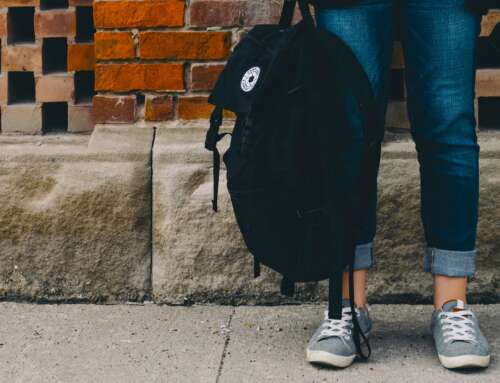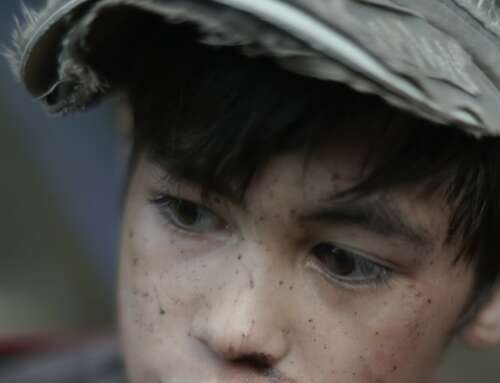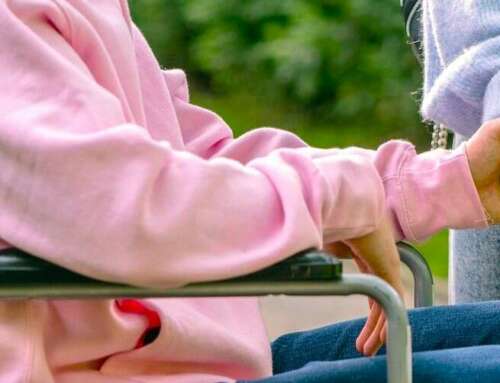Cyberbullying peaks when students are on summer break, but parents are leaving teachers to deal with the fallout when the school year resumes, educators and experts say.
Melbourne teacher Joel Hamilton* has had enough of your children.
Specifically, he’s had enough of you.
“Teachers are fighting a losing battle against parents,” the primary school educator told 10 daily.
Hamilton said cyberbullying climaxes during the summer holidays, and parents are leaving teachers to handle it when the school year picks back up.
“Parents don’t want to be seen as disciplinarians, they don’t want to say ‘no’ to their kids. They’ll tell us their child was bullied online by another student over the holidays and ask us to handle it,” he said.
Australia’s eSafety Commissioner, Julie Inman Grant, confirmed school holidays are a “particularly challenging time” for students.
“The long break can leave some young people more vulnerable to social exclusion — a more covert form of cyberbullying — especially if they depend on their online community for a sense of self-worth,” Grant told 10 daily.
“Parents also need to ensure they are modelling the same behaviours in their own technology use, and take time away from their screens.”
Parents play a “major role” in their child’s online behaviour, Australia’s foremost expert in cyber safety, Susan McLean, told 10 daily.
“As much as some people focus on keeping kids safe online, parents have a role to play to ensure their child is not cyberbullying others,” she stated.
Almost 50 percent of children aged 8-12 years old across 29 countries had experienced cyberbullying in the past year, the 2018 DQ Impact Report found.
Research indicated one in five young Australians between eight and 17 have been subjected to cyberbullying — a consistent figure for the past decade.
A concern is parents allowing young children to use networks such as Instagram and Snapchat, despite the platforms having a legal minimum age of 13.
“Kids shouldn’t be on social media till they’re 13, but parents permit them even though they’re nowhere near mature enough to understand it,” Hamilton said.
“Some have argued they supervise usage — but a lot have realised their kids are making public profiles without their knowledge and lying about their age.”
Educating children on inappropriate and safe social media use “takes time and oversight,” offered technology entrepreneur, Mark Fortunatow.
Fortunatow has created SPACETALK, a smartphone-watch that only allows children to send SMS and make calls to a parent-controlled list of contacts.
– Simone Amelia Jordan, 10 daily
Read more: Are Parents Responsible For Their Child’s Bullying?
Image Source: Pixabay








Leave A Comment